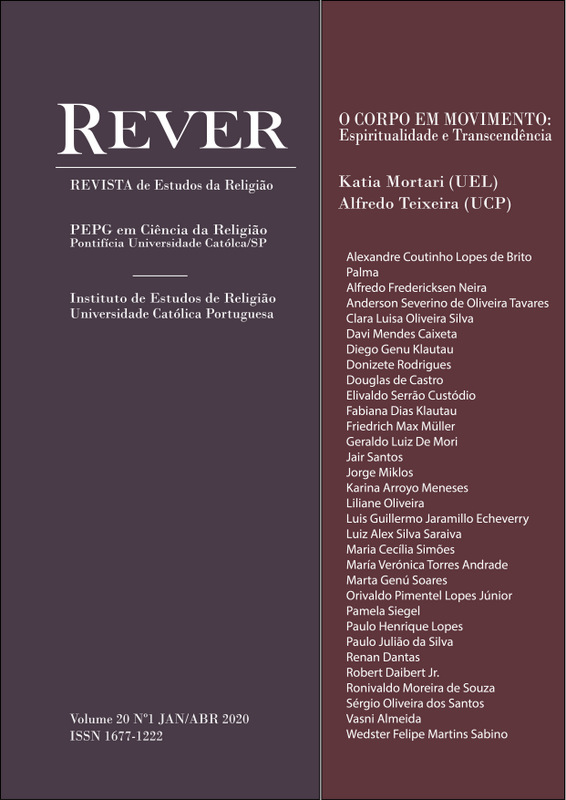O legado político de Joseph Smith Jr., o fundador da igreja Mórmon
DOI:
https://doi.org/10.23925/1677-1222.2020vol20i1a18Palavras-chave:
Política, Liberdade religiosa, Direito, Joseph Smith Jr., Igreja MórmonResumo
Joseph Smith Jr. foi o fundador e profeta de A Igreja de Jesus Cristo dos Santos dos Últimos Dias nos Estados Unidos, também conhecida como a igreja mórmon. Ele também foi o primeiro candidato a presidente dos Estados Unidos a ser assassinado. Em um país em que a liberdade religiosa fez parte da formação da identidade compartilhada pelos imigrantes europeus e que em 1789 passou a integrar sua Constituição, os episódios de perseguição e exílio a que foram submetidos os membros da igreja mórmon apontam para a causa próxima do engajamento político de seu líder religioso. Desse modo, o presente trabalho tem por finalidade imediata analisar o processo de formação do pensamento político de Joseph Smith Jr., traçando os principais eventos envolvendo sua participação como profeta e os membros da igreja mórmon para garantir sua segurança e liberdade de crença e religião. Os marcos temporais do trabalho abrangem a fundação da igreja mórmon em 1830 e o assassinato de Joseph Smith Jr. na cadeia de Carthage, Illinois em 1844. Como finalidade mediata, pretende contribuir para o conhecimento nas áreas da ciência política e direito de um tema desconhecido nos círculos acadêmicos. Para alcançar este objetivo de pesquisa, adotaremos o caminho metodológico qualitativo de abordagem indutiva e utilização de process-tracing, objetivando traçar as condições necessárias e suficientes para que Joseph Smith Jr. formasse seu pensamento político enquanto líder religioso e profeta e que decidisse concorrer à presidência dos Estados Unidos para proteger a igreja e seus membros da perseguição política e religiosa.
Downloads
Publicado
Como Citar
Edição
Seção
Licença
Autores que publicam nesta revista concordam com os seguintes termos:
- Autores mantém os direitos autorais e concedem à revista o direito de primeira publicação, com o trabalho simultaneamente licenciado sob a Licença Attribution-NonCommercial 4.0 International, que permite o compartilhamento do trabalho com reconhecimento da autoria e publicação inicial nesta revista.
- Autores têm autorização para assumir contratos adicionais separadamente, para distribuição não exclusiva da versão do trabalho publicada nesta revista (ex.: publicar em repositório institucional ou como capítulo de livro), com reconhecimento de autoria e publicação inicial nesta revista.


